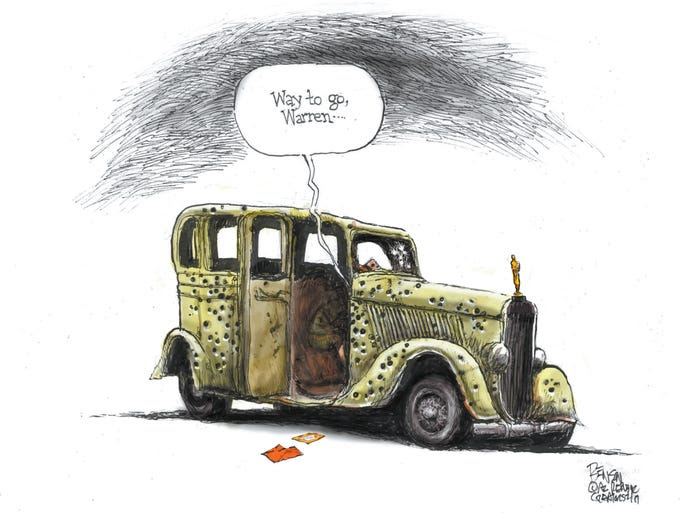
In 1999, the Justice Department broke up a “vitamin cartel” that had
been led by European companies, [Roche and BASF]. The companies
overcharged big food and beverage makers like Kellogg, Coca-Cola and
Nestlé. Eventually the makers of bulk vitamins agreed to pay more than
$1.5 billion to settle the accusations.
Soon
afterward, the Chinese gained a dominant share, and after several big
European producers left the business, the Chinese companies began
raising prices. By 2001, the Chinese companies were acting as a cartel and fixing the price of vitamin C.
A group
of American companies accused the Chinese producers of acting in
concert to raise prices in violation of United States antitrust laws.
The case is significant because China
produces about 80 percent of the world’s supply of ascorbic acid, or
vitamin C, an important ingredient in food and soft drink
items as well as animal feed and cosmetics.
The Chinese vitamin C
makers was ordered by a United States District Court to pay $162.3
million in fines after a jury found the companies guilty of
price-fixing.
The
case was striking because of the unusual defense that the Chinese
companies mounted. While acknowledging in court that they had colluded
to set prices, lawyers said they were
compelled to do so by the Chinese government.
The
verdict was the second time in two decades that vitamin makers had been
accused of violating antitrust laws. Just a thought.








.jpg)